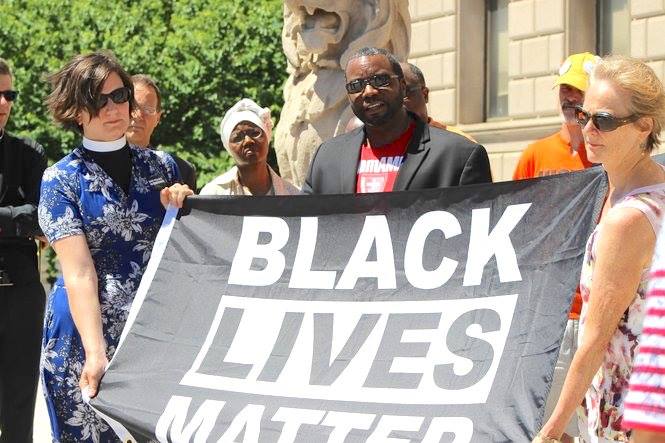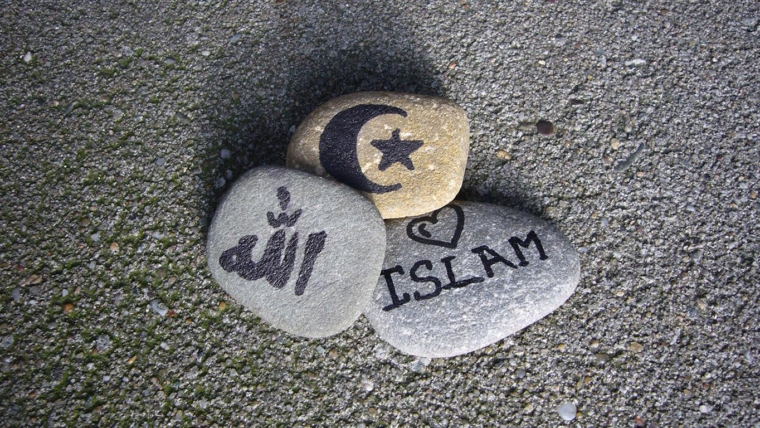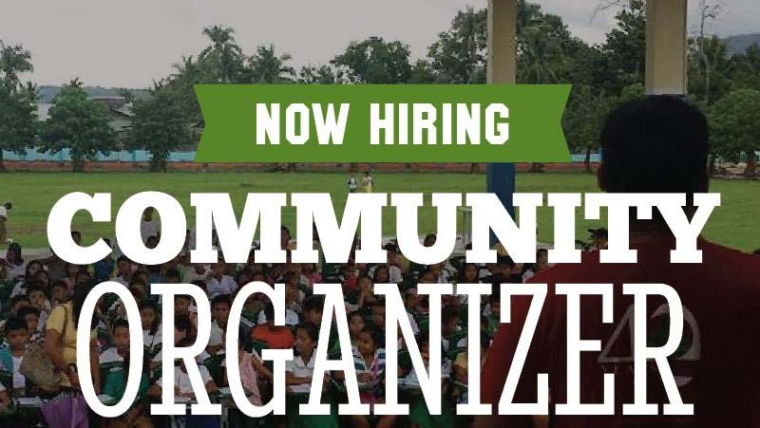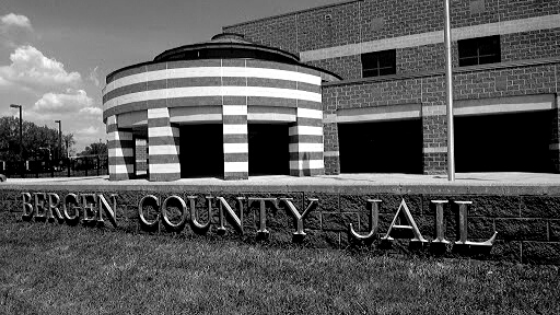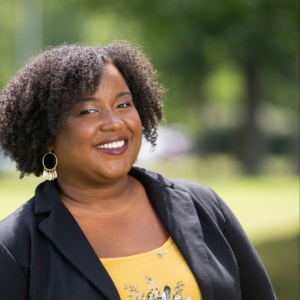NEWARK — At 15, Erich Kussman landed himself in a New Jersey juvenile correctional center for six months on marijuana possession charges. He still recalls the jail’s “deplorable conditions” and his constant state of fear.
But Kussman is hoping New Jersey’s next governor will change the tide.
Now a 37-year-old Somerville resident, Kussman joined clergy members and faith-based organizations on the Hall of Records steps in Newark Tuesday afternoon to push for state prison reform.
The groups called on New Jersey’s gubernatorial candidates to decriminalize marijuana and close the 150-year-old New Jersey Training School (NJTS).
Established in 1867, NJTS is the state’s largest juvenile facility, housing around 200 male inmates. A 2012 study found that almost 15 percent of its detainees disclosed experiencing sexual assault.
“What we subject our men and women to is absolute torture,” said Kussman, who was in and out of jail for years before becoming a seminary student and public speaker. “(NJTS) is only part of the problem. This system is deplorable.”
Standing behind an unfurled “Black Lives Matter” banner, local clergy members echoed Kussman’s sentiments, calling the prison symbolic of a larger issue.
Archange Antoine, executive director of Faith in New Jersey, urged the next governor to appoint a state attorney general that opposes marijuana criminalization, private prisons and what some are calling the renewed “War on Drugs” under Trump’s Attorney General Jeff Sessions.
“We want to make sure the person you choose is social-justice oriented and has a heart for the people,” he said.
With Gov. Chris Christie on his way out of office in November, marijuana legalization could be on the horizon in New Jersey. Democratic candidate Phil Murphy supports legalizing marijuana, while Republican candidate Kim Guadagno does not.
On Monday, legislators held a Senate committee hearing in Trenton on the issue. Under Sen. Nicolas Scutari’s bill (D-Union), the state would immediately decriminalize marijuana possession of up to 50 grams.
“People don’t need criminalization and incarceration,” Antoine said. “We’ve been through that, and it doesn’t work.”
A recent ACLU-New Jersey report found that black residents in the state are three times more likely to be arrested for marijuana charges, despite identical rates of marijuana use.
The Rev. Charles Bayer, of Salvation and Social Justice, said the solution to high incarceration rates is offering “community-based alternatives” including family therapy, probation or early intervention programs, rather than criminalizing marijuana.
“Community-based alternatives are about helping and healing and restoration,” said Boyer, also a Faith in New Jersey member. “Not demonizing them, criminalizing them, and saying they’re throw-away kids.”
Youth Justice New Jersey and the New Jersey Institute for Social Justice will protest outside of the New Jersey Training School for Boys at Grace Hill Road in Monroe Township on June 28, the 150th anniversary of the jail’s opening.
The Juvenile Justice Commission declined to comment, but it has defended itself in the past against charges of widespread sexual assault in NJTS.
In 2010, the JJC raised concerns over self-reporting problems in a study that found 1 in 3 inmates were sexually assaulted.
An external audit in 2016 found that the NJTS was in full compliance with the Prison Rape Elimination Act, passed in 2003 to address the issue of sexual assault in jails.
Faith in New Jersey organized Tuesday’s event and were joined by the New Jersey Clergy Coalition for Justice, Salvation and Social Justice, Institute for Social Justice, UU Legislative Ministries and the Lutheran Episcopal Advocacy Ministry of New Jersey.

